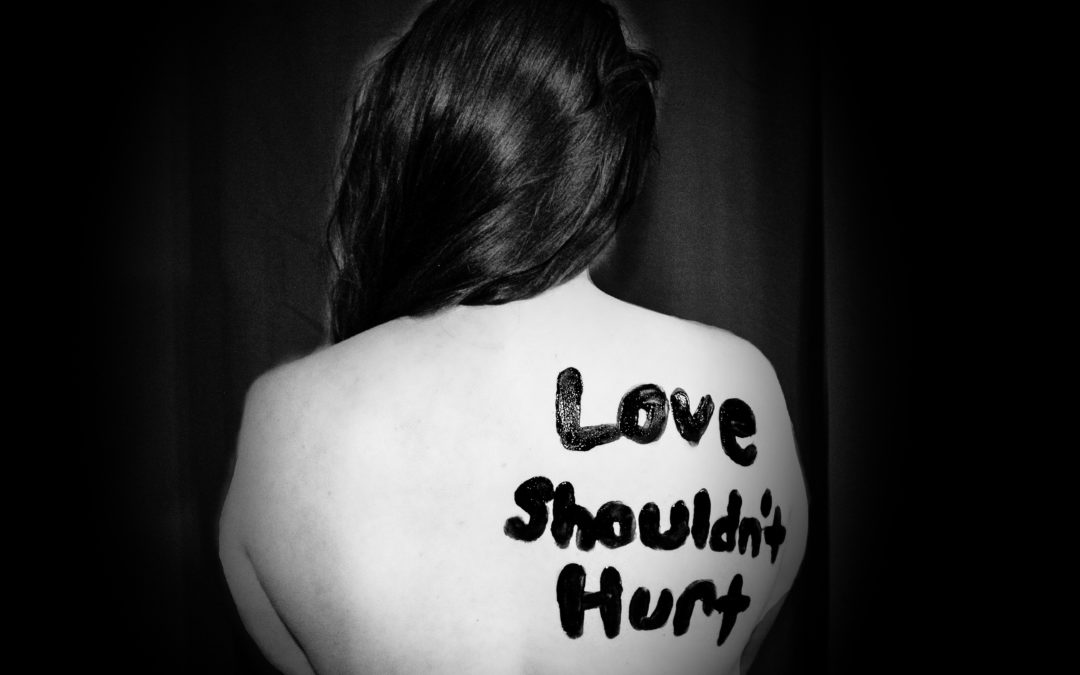It is not always possible to know with certainty what goes on in a friend’s or close family member’s relationship, particularly behind closed doors. There are however some tell-tale signs and symptoms of emotional and physical abuse. Some of the following are warning signs of abuse in a friend/family member or co-worker. Take them very seriously.
General warning signs of abuse. People who are being abused may:
- Seem afraid or anxious to please their partner going along with everything their partner says and does, check in often with their partner to report where they are and what they are doing, receive frequent harassing calls from their partner and talk about their partner’s temper, jealousy or possessiveness.
- People who are being physically abused may have frequent injuries with the excuse of accidents, frequently miss work, school or social occasions without explanation, dressed in clothing designed to hide physical injuries such as bruising and scars. For example wearing long sleeves in summer or sun glasses indoors.
Warning signs of isolation
People who are isolated by their abuser may be:
- Be restricted from seeing family and friends.
- Rarely go out in public without their partner.
- Have limited access to money, credit cards or a motor vehicle.
The psychological warning signs of abuse
People who are being abused may:
- Have very low self-esteem when they were previously confident.
- Show major personality changes such an outgoing person becoming withdrawn.
- Be depressed, anxious or suicidal.
If you suspect or know someone being abused, speak up. If you are hesitating, telling yourself that it is none of your business, you might be wrong or the person might not want to talk about it – keep in mind that expressing your concern will let the person know that you care and at some time in the future, when they feel ready, they may seek your assistance.
The following are some do’s and don’ts in assisting somebody who is in a violent relationship…
Do’s:
- Ask if something is wrong
- Express concern
- Listen and validate
- Offer help
- Support his or her decisions
Don’t:
- Wait for him or her to come to you
- Judge or blame the victim
- Pressure him or her
- Give advice
- Place conditions on your support
Remember abusers are experts at controlling and manipulating their victims. People who have been emotionally, psychologically or physically battered are usually depressed, drained, scared, ashamed and confused. Many have had years of this behaviour and are feeling isolated from families and friends. By picking up on the warning signs and offering support you can help them escape abusive situations.
If you need advice on leaving an abusive relationship, please call Kathy Matri on (02) 4322 0251.


